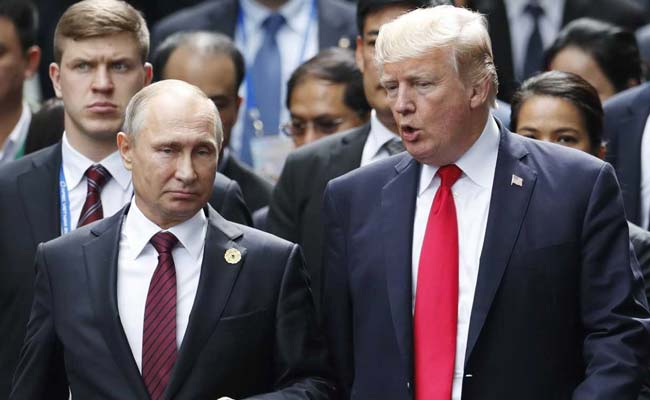After Laying Off 15,000 Employees, Intel Revives Free Coffee And Tea Perks To Lift Employee Morale
The action is viewed as a modest but significant attempt to raise staff morale in the wake of recent budget cuts.

Intel has reinstated free coffee and tea at its workplaces after major job layoffs. The benefit was removed last summer as part of the company's $10 billion yearly cost-cutting plan. This action is viewed as a modest but significant attempt to raise staff morale in the wake of recent budget cuts. In a message shared with staff on its internal platform, the chip giant stressed the value of small comforts in everyday routines while acknowledging persistent cost issues in the company. The note read, "Although Intel still faces cost challenges, we understand that small comforts play a significant role in our daily routines. We know this is a small step, but we hope it is a meaningful one in supporting our workplace culture," as quoted by The Oregonian. However, free fruit, which was previously a popular employee perk, will not make a return.
Back in August, Intel announced that its 15,000 employees would be let go through layoffs or voluntary separation. Notices on the reduction of employee benefits, such as internet, phone and trip reimbursements, were also distributed at roughly the same time. In September, Patrick P. Gelsinger, CEO of Intel, announced that the company would be separating its chip-making and design activities in an attempt to increase overall efficiency and reduce costs.
Once at the forefront of the tech sector, Intel has had a number of setbacks over the years that have impacted its market position. Although it contributed significantly to the PC boom of the 1990s, its focus on personal computers caused it to lag behind in the mobile chip market while Apple was able to overtake it with the launch of the iPhone.
Paul Otellini, the former CEO of Intel, acknowledged in 2013 that he regretted turning down an offer from Apple to manufacture chips for the iPhone because he believed the volume wouldn't justify the expenses.
Also Read: Google Employee Gives A Glimpse Into Her Daily Work Meal In Viral Video
Another lost chance occurred in 2017 and 2018, when Intel chose not to invest in OpenAI, now a front-runner in artificial intelligence.
Additionally, Intel has experienced production difficulties in the past, such as in 2020 with its 7-nanometer chips, which have allowed rivals like Samsung and TSMC to pull ahead. As its valuation dropped, Intel ramped up cost-cutting measures in the company.












)



























































